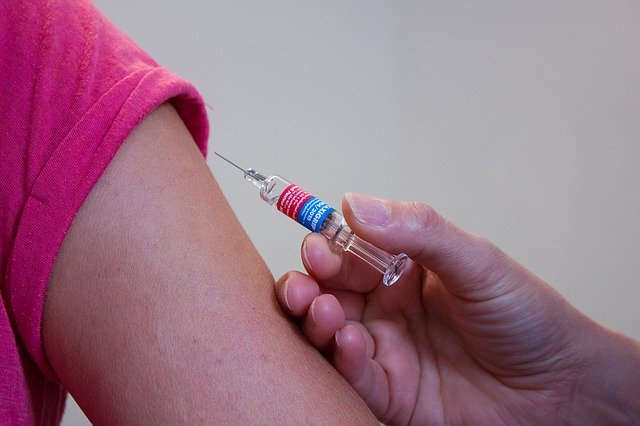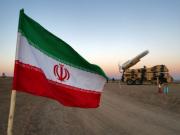Medical professionals slammed three Australian archbishops who wrote to the country's Prime Minister Scott Morrison opposing AstraZeneca's vaccine candidate citing 'ethical dilemma.' The archbishops' concern was the use of a cell line taken from an aborted fetus from the 70s, which they said, raised ethical questions among Catholics.
The prime minister signed a deal with AstraZeneca last week to supply its coronavirus vaccine candidate once it is approved. Under the deal, the British drugmaker would make the vaccine available to Australians for free of cost. However, Catholic Archbishop of Sydney Anthony Fisher, Anglican Archbishop Glenn Davies, and Greek Orthodox Archbishop Makarios Griniezakis wrote to Morrison asking that the government should find an alternate vaccine that did not create ethical problems.
Archbishops Protest Against AstraZeneca Vaccine Candidate

AstraZeneca, in partnership with Oxford University, has been developing the potential vaccine by using the kidney cell line called HEK-293, which was obtained from a fetus that was aborted in 1973. The cell line was developed in the Netherlands and is the second-most widely used cell line in biology and biotechnology.
However, Archbishop Fisher said that while several people may not have an issue with the vaccine, there is a section of people who would not "want to associate" with a drug that was derived from the "ending of human life in abortion."
"They won't want to be associated with or benefit in any way from the death of the baby girl whose cells were taken and cultivated, nor to be thought to be trivializing that death, nor to be encouraging the fetal tissue industry," the archbishop said on Tuesday in the Catholic Weekly. Fisher's comments were received poorly by healthcare professionals who said the three archbishops should focus on the general wellbeing of people.
"We have a responsibility to think through our ethical obligations to the rest of Australians as well," Dr. Diego Silva, a lecturer in bioethics at the University of Sydney told The Guardian. "Part of the problem is that the Catholic church is seeing this as a medical ethics question as if it is just between the individual and their doctor. When in fact, the dilemma is a public health ethics dilemma. It is [about] what do we owe our community? What do we owe each other as citizens? So I think it's a misplaced question."
Colin Pouton, professor at Monash Institute of Pharmaceutical Sciences, explained that HEK-293 cell was used often in scientific research and it was not something that was developed recently. "They're using the cell line as a packaging system to make the virus," Pouton told ABC. "It's not like people are using a new cell line – it's already there, so in many respects, the ethical issue is in history."
Where Does the Vatican Stand?
The Vatican has made its stance clear on the matter saying it permitted the use of vaccines developed from cell lines derived from aborted fetuses if there were no alternatives. "Vaccines with moral problems pertaining to them may also be used on a temporary basis," it noted in the past.









